God, Freedom and Human Dignity
Embracing a God-Centered Identity in a Me-Centered Culture
Ron Highfield

www.IVPress.com/academic
InterVarsity Press
P.O. Box 1400
Downers Grove, IL 60515-1426
World Wide Web: www.ivpress.com
E-mail:
2013 by Ron Highfield
All rights reserved. No part of this book may be reproduced in any form without written permission from InterVarsity Press.
InterVarsity Press is the book-publishing division of InterVarsity Christian Fellowship/USA, a movement of students and faculty active on campus at hundreds of universities, colleges and schools of nursing in the United States of America, and a member movement of the International Fellowship of Evangelical Students. For information about local and regional activities, write Public Relations Dept. InterVarsity Christian Fellowship/USA, 6400 Schroeder Rd., P.O. Box 7895, Madison, WI 53707-7895, or visit the IVCF website at www.intervarsity.org.
All Scripture quotations, unless otherwise indicated, are taken from the Holy Bible, Todays New International Version, NIV Copyright 1973, 1978, 1984, 2010 by Biblica, Inc.tm Used by permission. All rights reserved worldwide.
Cover design: Cindy Kiple
Interior design: Beth Hagenberg
Images: Hand print: GANNA RASSADNIKOVA/iStockphoto
ISBN 978-0-8308-6450-8
Contents
About the Author
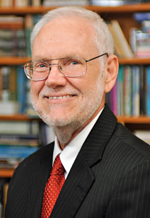
Ron Highfield (Ph.D., Rice University) is professor of religion at Pepperdine University in Malibu, California. He is the author of Great is the Lord: Theology for the Praise of God (Eerdmans, 2008) and Barth and Rahner: Toward an Ecumenical Understanding of Sin and Evil (Peter Lang, 1989). Highfield is coauthor (with Gregory Boyd, Willliam Lane Craig and Paul Helseth) of Four Views on Divine Providence. His published chapters and articles have covered subjects ranging from theological anthropology to open theism to Christian higher education.
Preface

I f asked, most people will say they believe in God. When pressed, they will admit that their deepest desires and hopes depend on God for fulfillment. They may even insist that belief in God is very important to them. One might expect, then, that the thought of God would command their full attention, that their hearts would seek God above other things and that their lips would speak continually of Gods greatness and grace. But as everyone knows, belief in God rarely translates into passion for God and action in response to God. The observation the great seventeenth-century spiritual writer Franois Fnelon made of his generation applies equally to ours: they seldom think of God, and when
Whence this irony, this contradiction between what we believeor say we believeand how we actually live? Why doesnt thought about God become life directed to God? Many possibilities come to mind. Our secular culture teaches us in a hundred subtle ways that God doesnt really matter. We dwell in large, anonymous cities where our sense of responsibility to each other is deadened by sheer numbers. Surrounded by machines, concrete and city lights, we lose touch with creation. We immerse ourselves in the practical business of living in a society that cares more about the quality of our cell phone than the substance of our character.
There is one factor, however, that I believe lies behind all others: even though they believe in God, many people have an uneasy feeling about God. If they could put it into words, they might express fear that Gods existence and activity in some way threatens their freedom and dignity. After all, we have been told from childhood that God fills all space and time, knows everything and exercises all power; that God made us, owns us and rules over all things. To some of our contemporaries Gods all-encompassing will appears to restrict our freedom, and Gods ownership and mastery over us seems to diminish our dignity. You can see why some of us take so little account of God and hesitate to seek and trust God wholly. Troubled by such thoughts, how could we want to think of God? The aim of this book is to calm these fears and remove these obstacles; it is to explain why God, far from posing a threat to our freedom More than this, I want to show why we should want to think about God and love God with our whole being and how we can give ourselves completely into Gods care without losing anything conducive to our ultimate joy.
The book is divided into two parts, each of which is subdivided into short chapters. Part one, The Me-Centered Self, comprising seven chapters, examines our distorted images of God and humanity. It raises questions that will be answered in part two, The God-Centered Self. Chapter one draws on the work of Charles Taylor and Alasdair MacIntyre to paint a picture of the modern self. Our contemporaries tend to ground respect for others, hope for fullness and belief in their own dignity in the self, in its inward qualities, its ordinary life and its ability to express itself and impress itself on the world. They do not connect these human values and aspirations to God. Chapters two through four argue that, despite our reluctance to admit it, we are tempted to consider God a threat to our freedom and dignity. Some relate to God with defiance. Even in physical defeat they remain defiant in spirit. Others adopt a posture of subservience, figuring they will be better off in the long run to join the winning side. Still others invest themselves so much in the world that they become indifferent to God, losing a sense of self before God. Chapters five and six draw out the images of God and humanity implicit in these three attitudes of defiance, submission and indifference. We imagine God to be a sort of superhuman being who is everything we would like to be. Despite the differences, we consider God and ourselves very much alike. We are both centers of desire and will, the difference being that God has the power to achieve Gods desires and carry out Gods will; we do not. Such a view of God provokes envy instead of love. Chapter seven makes explicit the views of freedom and dignity implicit in the competitive structure outlined in the previous chapters. I argue that the competitive view of freedom and dignity contradicts itself and collapses under its own weight. Separated from God, our freedom cannot attain the happiness it seeks and our dignity cannot find a secure foundation. This failure clears the way for a new approach to the divine/human relationship.
Part two probes the view of God and humanity brought to light in Jesus Christ. Chapters eight through ten explore the stories of creation and reconciliation in search of a noncompetitive image of God. The unselfish nature of God is demonstrated amply by the gift of creation, but even more dramatically in the self-giving of Christ. Through Christ we come to know that God is love. This God is not a lonely monarch but the Father who has always loved the Son in the Spirit. The gift of Gods beloved Son for us sinners demonstrates that Gods love is both costly and free. Gods almighty power, omnipresence and comprehensive knowledge, which seemed so menacing when understood as attributes of a superhuman being, appear very different in light of the cross. Gods power gives life and freedom, Gods omnipresence opens a place for us and touches us with infinite love, and Gods knowledge of us roots our identity in Gods eternal life. We cannot think of God as a threat when we understand that Gods very being is love and Gods every act is giving.


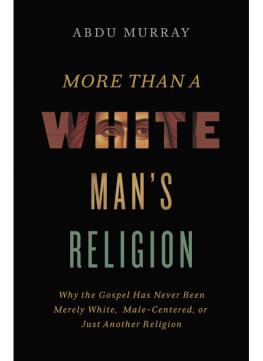
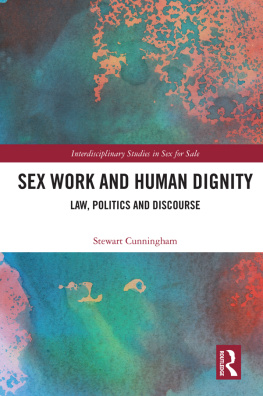

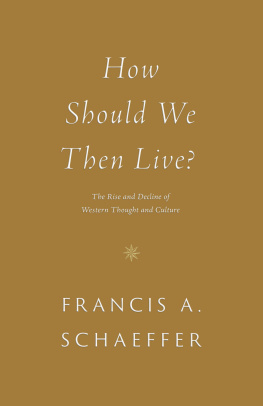
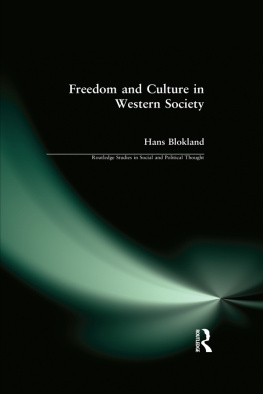
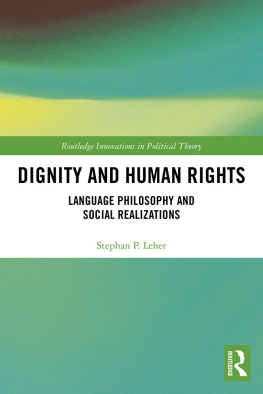


![Blackford - Freedom of religion [and] the secular state](/uploads/posts/book/167779/thumbs/blackford-freedom-of-religion-and-the-secular.jpg)


